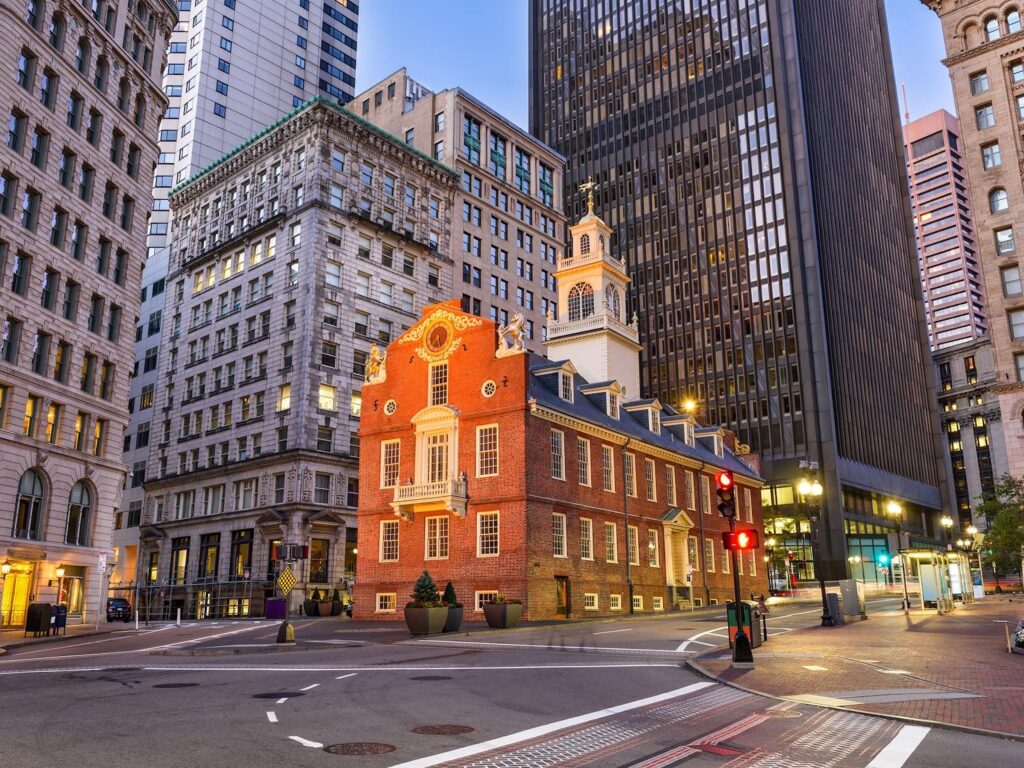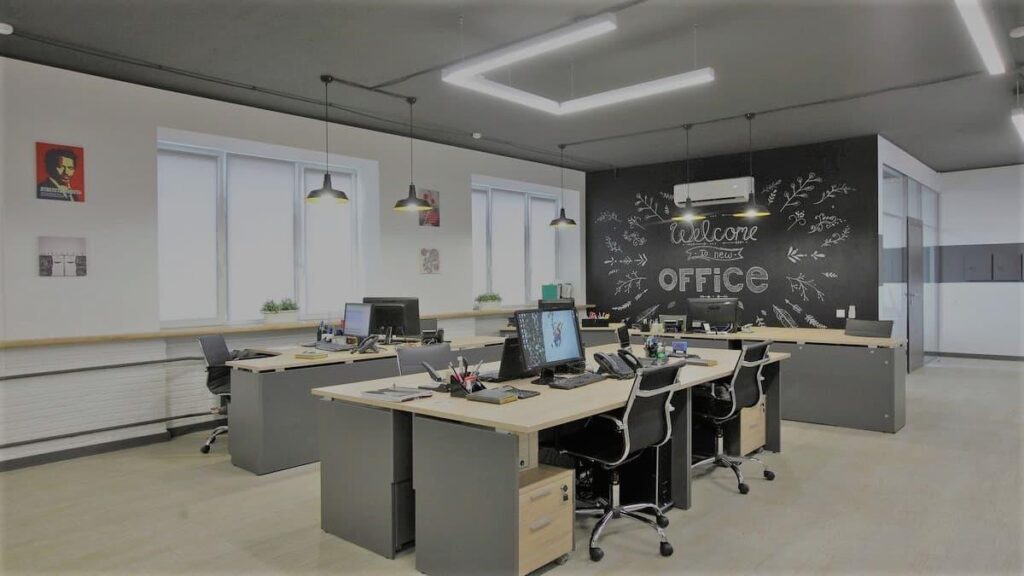Massachusetts is located in the eastern part of the state and attracts hundreds of tourists. In addition, the land has become a haven for startups from all over the world and attracts by various choices for operations. But companies simply can’t exist without a space to house employees and deal with important issues or customers who will use the business’s services. Therefore, the issue of renting in Massachusetts is very pressing. Let’s understand what types of commercial space you can rent, where to choose them, and how to enter into an agreement with a landlord correctly.
What affects commercial rent costs, MA
Maintaining nonresidential premises requires money, and sometimes quite a lot of it. The size of the average rent is influenced by the object’s location, the state of communications, and other factors. Make a qualified business plan, comparing the costs of nonresidential premises and planned income. If the maximum you can count on is to cover the rental price, then the question arises about the reasonability of the property.
Many businesses require modern communications. Therefore, find out from the landlord the availability and operability of the following systems:
- electricity;
- sewerage;
- heating;
- plumbing;
- ventilation, etc.
For example, shared office space in Massachusetts in Boston can accommodate about 100 people. These are comfortable and cozy spaces with a developed infrastructure, cafés, stores nearby, and a scenic view from the window.
Commercial rent law MA, rights and obligations of the parties
Tenant rights in Massachusetts allow you to verify that the landlord is the owner of the property and to make sure that the papers you present are relevant to the property you plan to rent. You must ensure that the person representing the landlord is authorized to sign the agreement. To do this, you should ask to see the company’s Charter.
A mandatory condition for drawing up a lease agreement for commercial premises is a specified amount of rent. If there are no provisions for this in the lease agreement, the contract is considered unconcluded. Renter rights must be present in the agreement, the main ones are to pay the rent on time, to use the premises for their intended purpose, and additional clauses.
How often can a landlord raise the rent in Massachusetts
According to Massachusetts rent increase laws, the rental rate may change at the terms stated in the contract, but not more than once a year.
Remember that MA law sometimes allows a tenant to insist on a rent review. You can also ask for a rent reduction if there is a deterioration in the property for which the owner is responsible.
An essential clause in any lease agreement is the condition of the distribution of the cost of maintaining the property. As a rule, the tenant pays for the costs of current repairs and maintenance of the leased premises.
Types of commercial property premises
Decide on the location directly depends on the purpose of the lease (office, workshop, store, warehouse, etc.) and the company’s focus:
- Commercial property. The success of stores, beauty salons or service centers depends on the flow of clients, so it is better to rent such properties in areas with high population density, convenient access roads and parking.
- Warehouse real estate. It is not for nothing that industrial premises are located in the suburbs of populated areas – the proximity of highways and the cost of rent affects this.
- Office real estate. You should choose an office in the places with developed transport interchanges to easily find clients and employees, therefore such objects are often leased in the central districts of populated areas.
No matter where you are, you will need a turnkey commercial space. To rent an office or warehouse space, café, or store anywhere worldwide, simply contact commercialproperties24, and qualified staff will offer free options.


